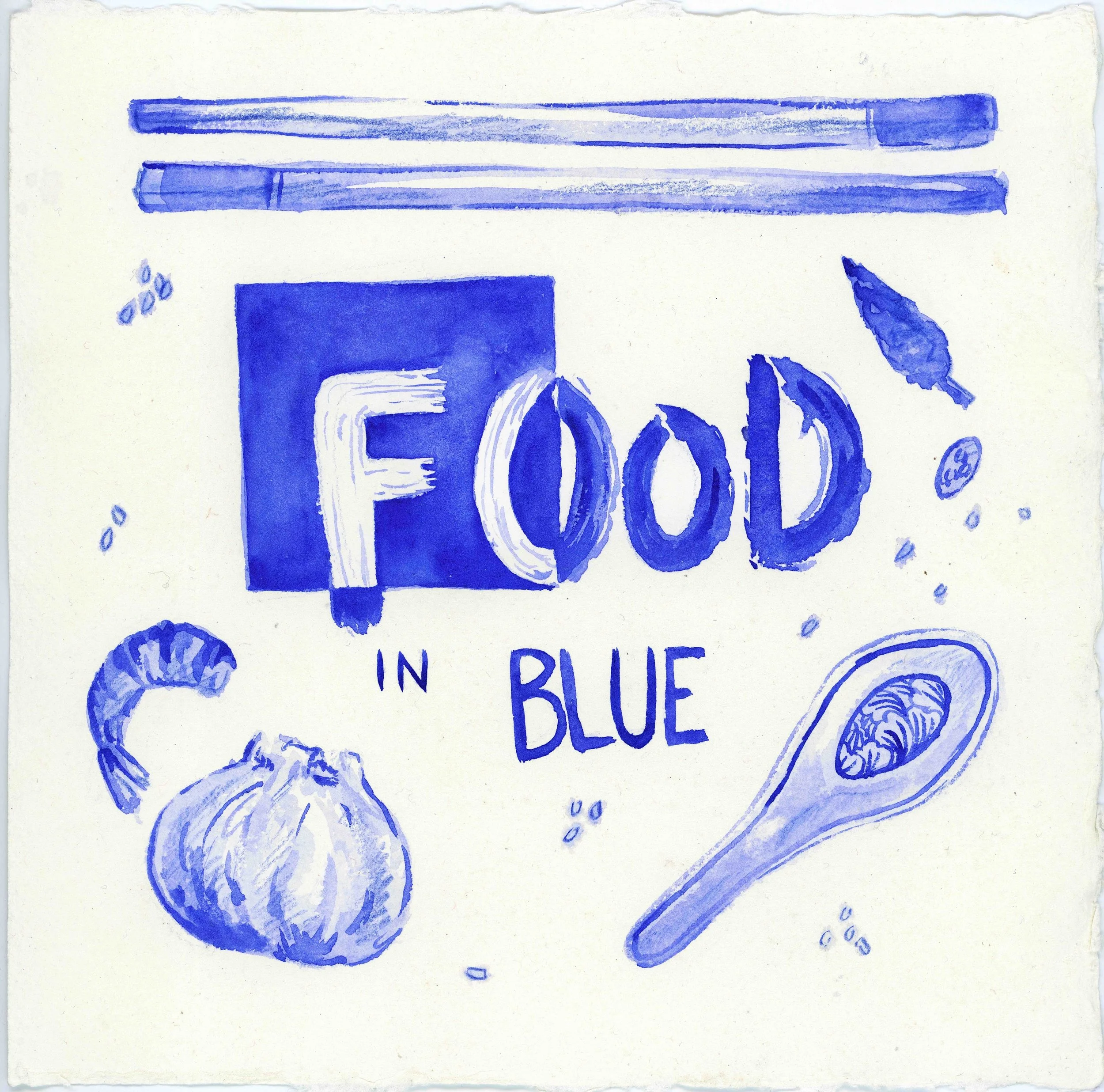
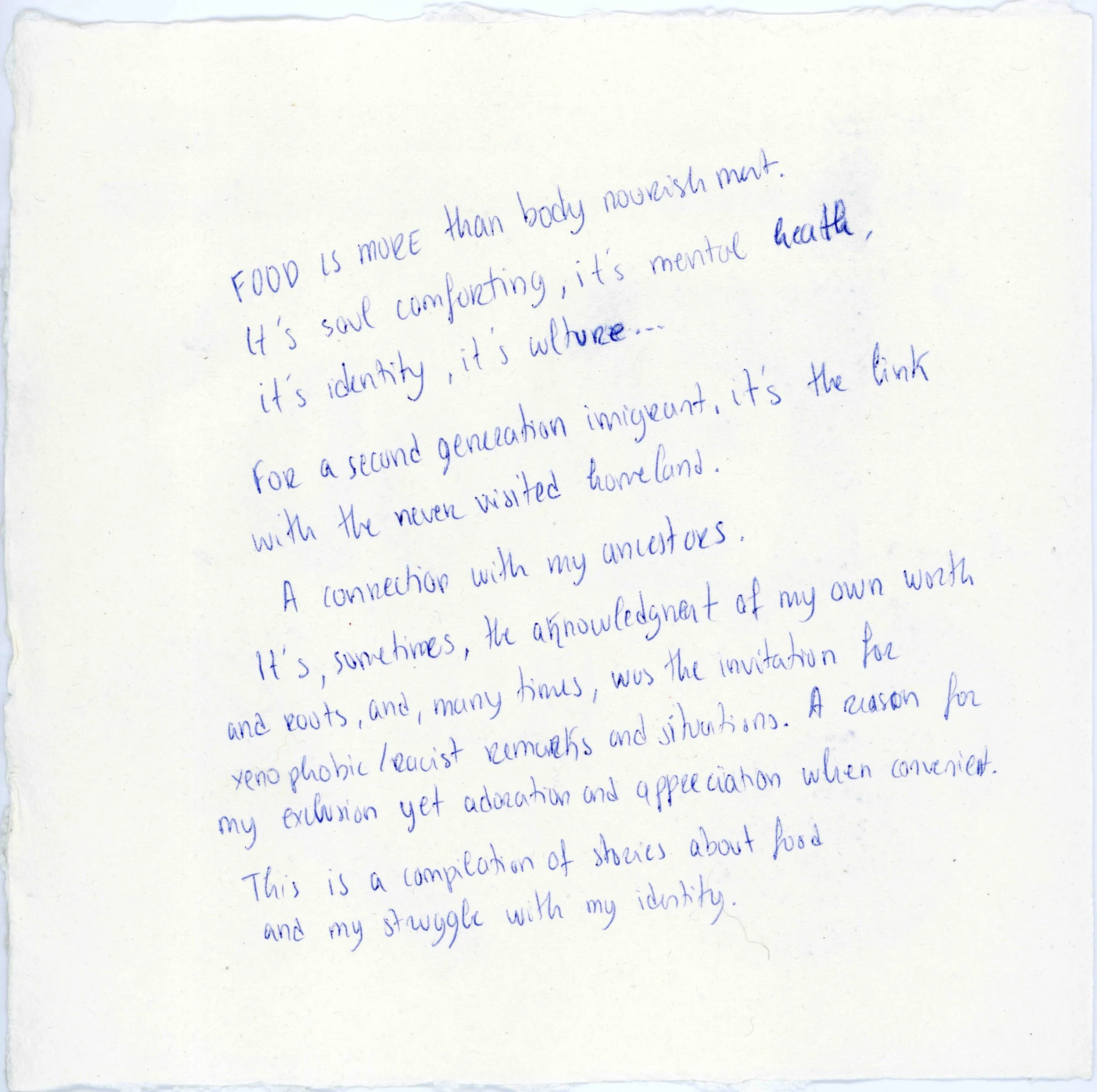
Food is more than body nourishment.
It’s soul comforting, it’s mental heath, it’s identity, it’s culture…
For a second generation immigrant, it’s the link with the never visited homeland.
A connection with my ancestors.
It’s, sometimes, the acknowledgment of my own worth and roots, and, many times, was the invitation for xenophobic/racist remarks and situations. A reason for my exclusion yet adoration and appreciation when convenient.
This is a compilation of stories about food and my struggle with my identity.
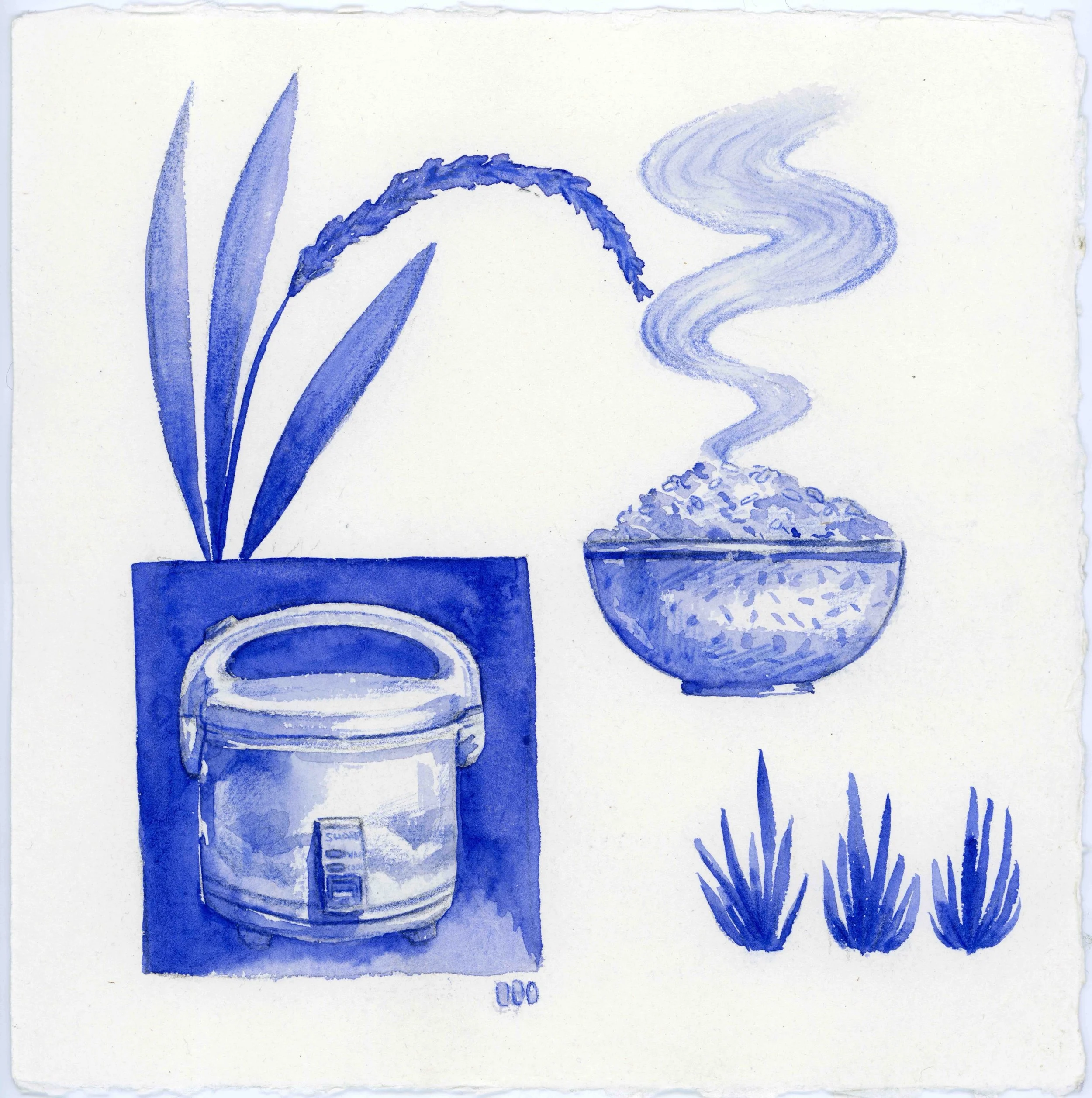
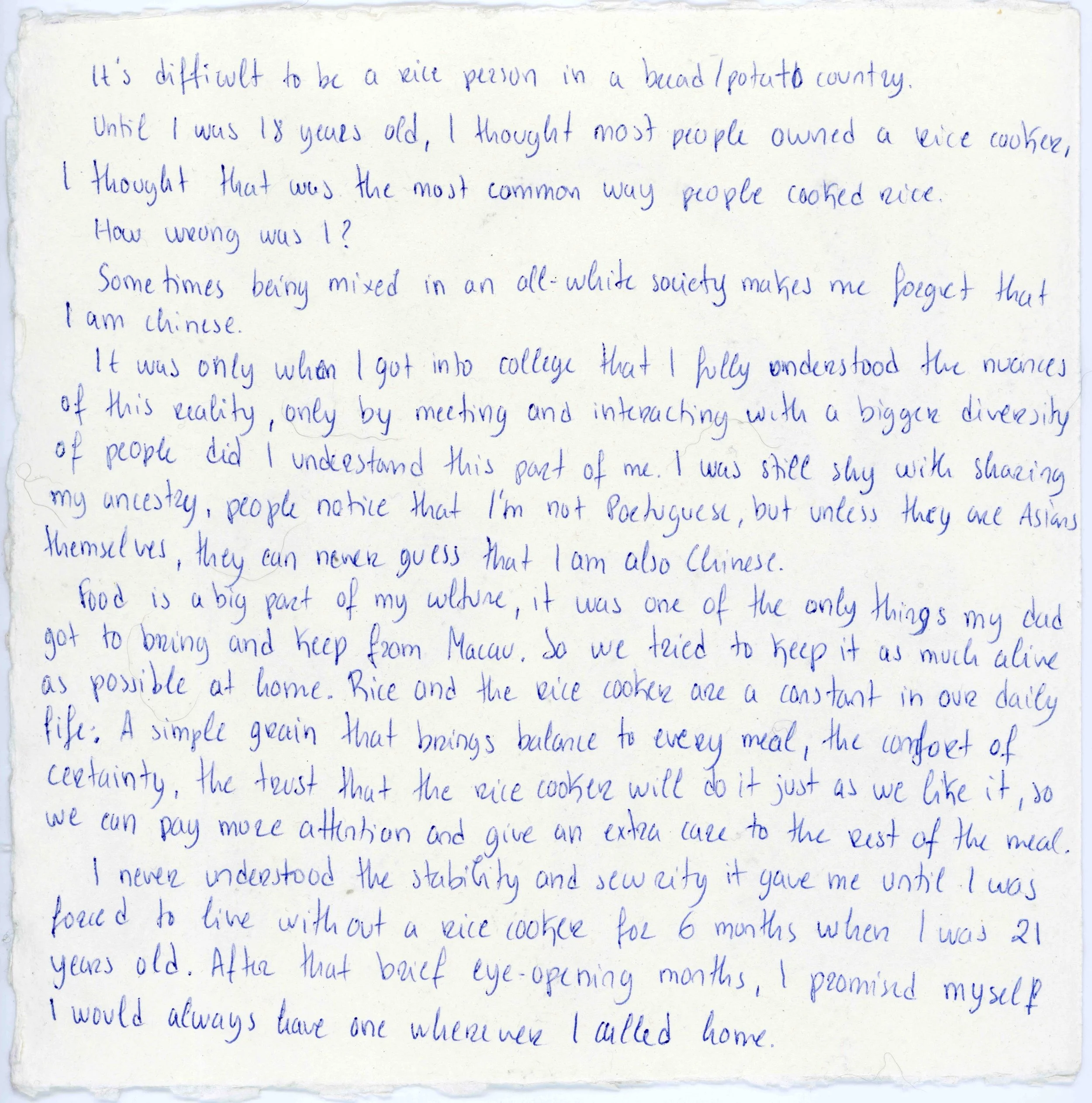
It’s difficult to be a rice person in a bread/potato country.
Until I was 18 years old, I thought most people owned a rice cooker, I thought that was the most common way people cooked rice.
How wrong was I?
Sometimes being mixed in an all-white society makes me forget that I am Chinese.
It was only when I got into college that I fully understood the nuances of this reality, only by meeting and interacting with a bigger diversity of people did I understand this part of me. I was still shy with sharing my ancestry, people notice I’m not Portuguese, but unless they are Asians themselves, they can never guess that I am also Chinese.
Food is a big part of my culture, it was one of the only things my dad got to bring and keep from Macau. So we tried to keep it as much alive as possible at home. Rice and the rice cooker are a constant in our daily life. A simple grain that brings balance to every meal, the comfort of certainty, the trust that the rice cooker will do it just as we like it, so we can pay more attention and give an extra care to the rest of the meal.
I never understood the stability and security it gave me until I was forced to live without a rice cooker for 6 months when I was 21 years old. After that brief eye-opening months, I promised myself I would always have one wherever I called home.
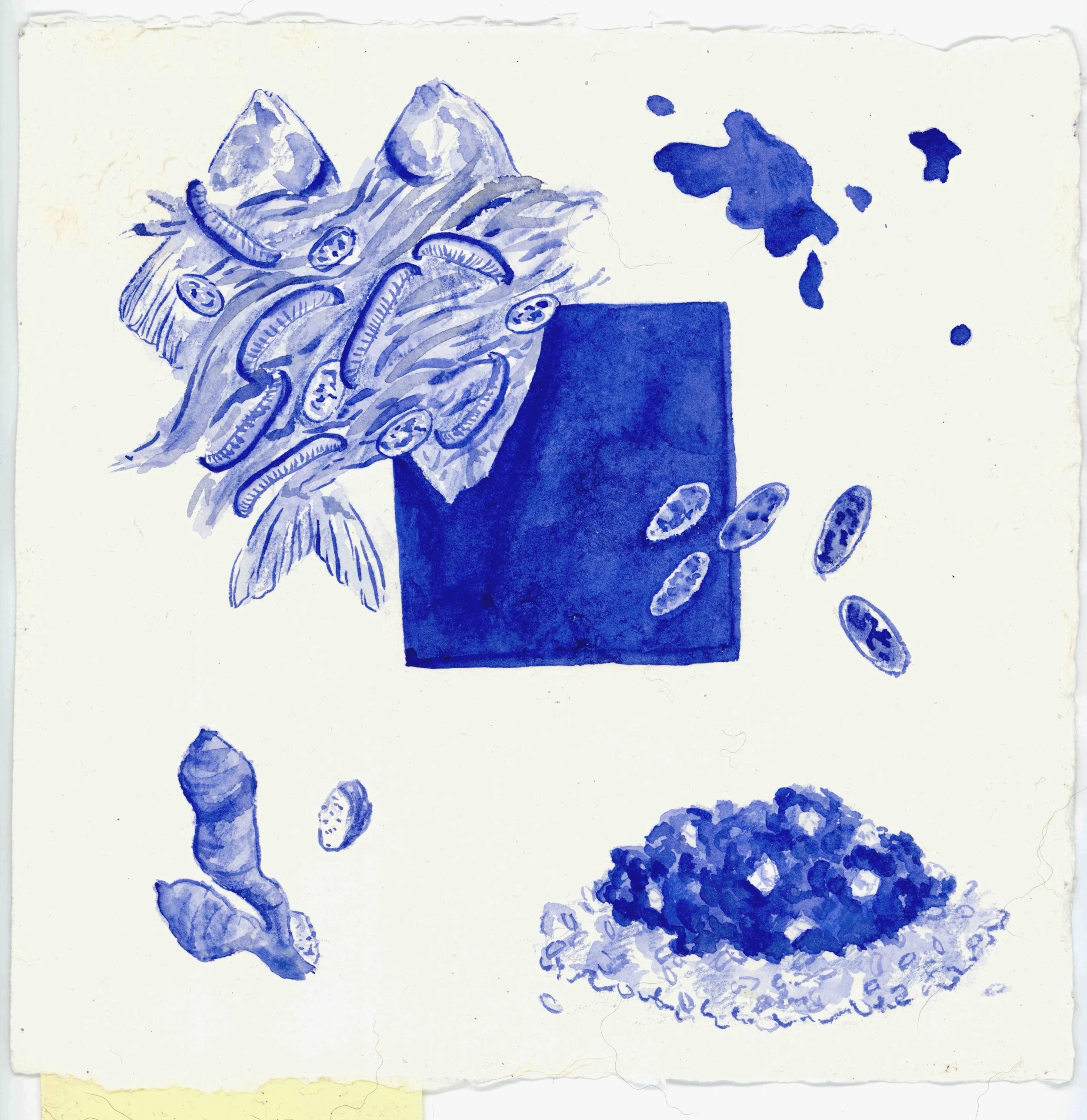

I didn’t know other Chinese people besides the ones in my family, I never saw a different way of being Chinese and practicing our culture besides the one I was being fed. From what I remember, there weren’t books nor movies about chinese people, much less from chinese people in Portugal. I do remember not bringing many friends home, they didn’t like the smell of my home, especially if my mom was cooking.
They kept asking me if we ate dogs and if that was the reason I had so many at home, if we were breeding them to eat later. They asked if it was true that chineses didn’t have funerals because they ate their deceased. A few years later I learned that many kids were forbidden by their parents to come to my house, to play with me in the street, to hang with me in school, I was part of the only Chinese family in the village, and at the time, the rumor that chinese people kidnaped people to harvest their organs and sell them was very present. They were afraid of us, they didn’t accept us, I was told, again and again, “Go back to your country”, but I was born here, this is my country.
It was a confusing time, I didn't have many friends, I had colleagues, they tolerated me because I was smart and good at what I did, but when my race was brought up, I would always be the outsider, the wrong side of the coin. My mom said that it was because they were jealous of me, that they never tried our food so they didn’t know they liked it, I knew it was deeper than that, but we weren’t allowed to talk about it, the forbidden topic, it was everywhere, but if we wanted to be tolerated we had to comply, eat our food in the secrecy of our home and the restaurants of our people.
Keeping our culture to ourselves.
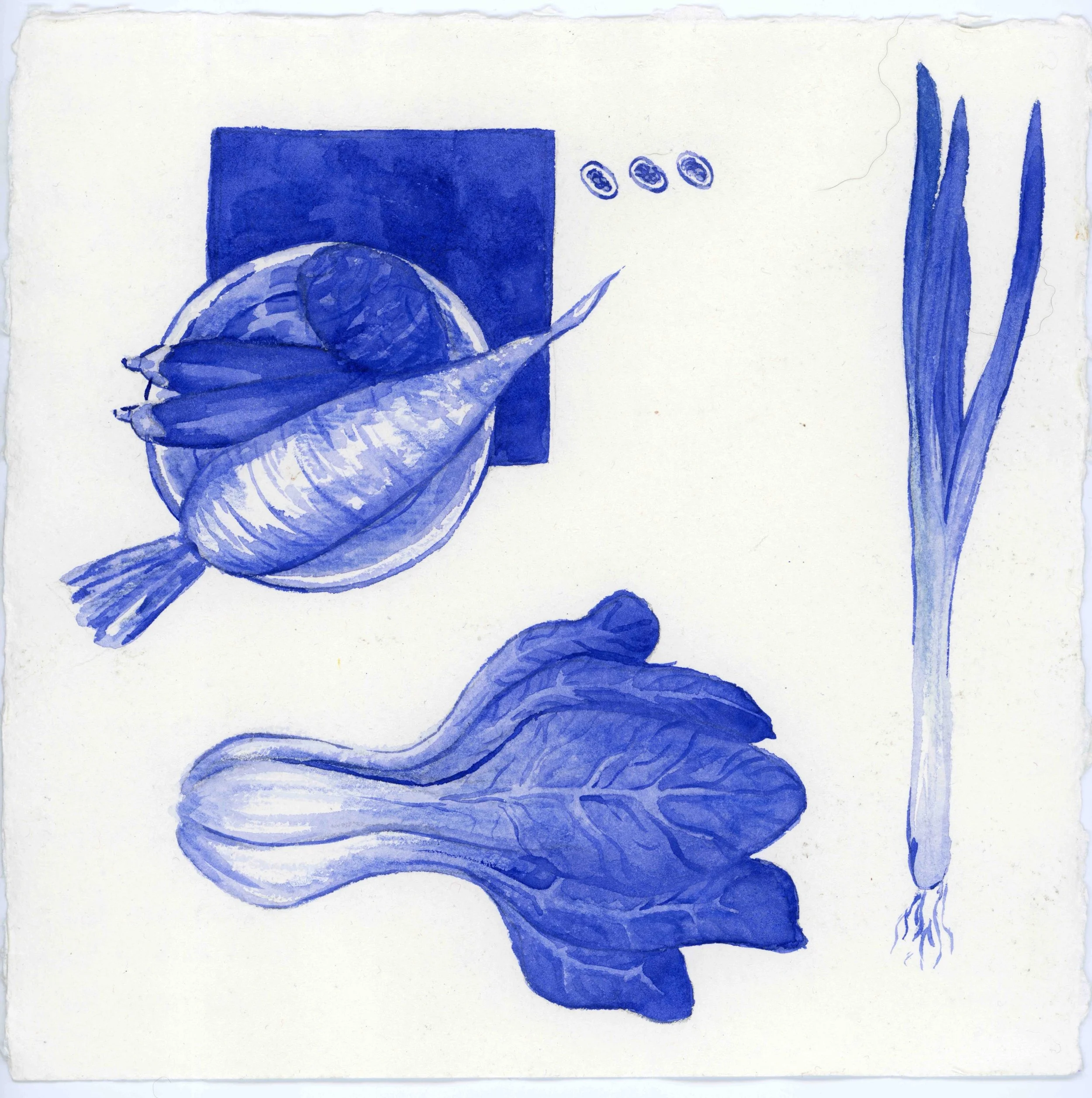
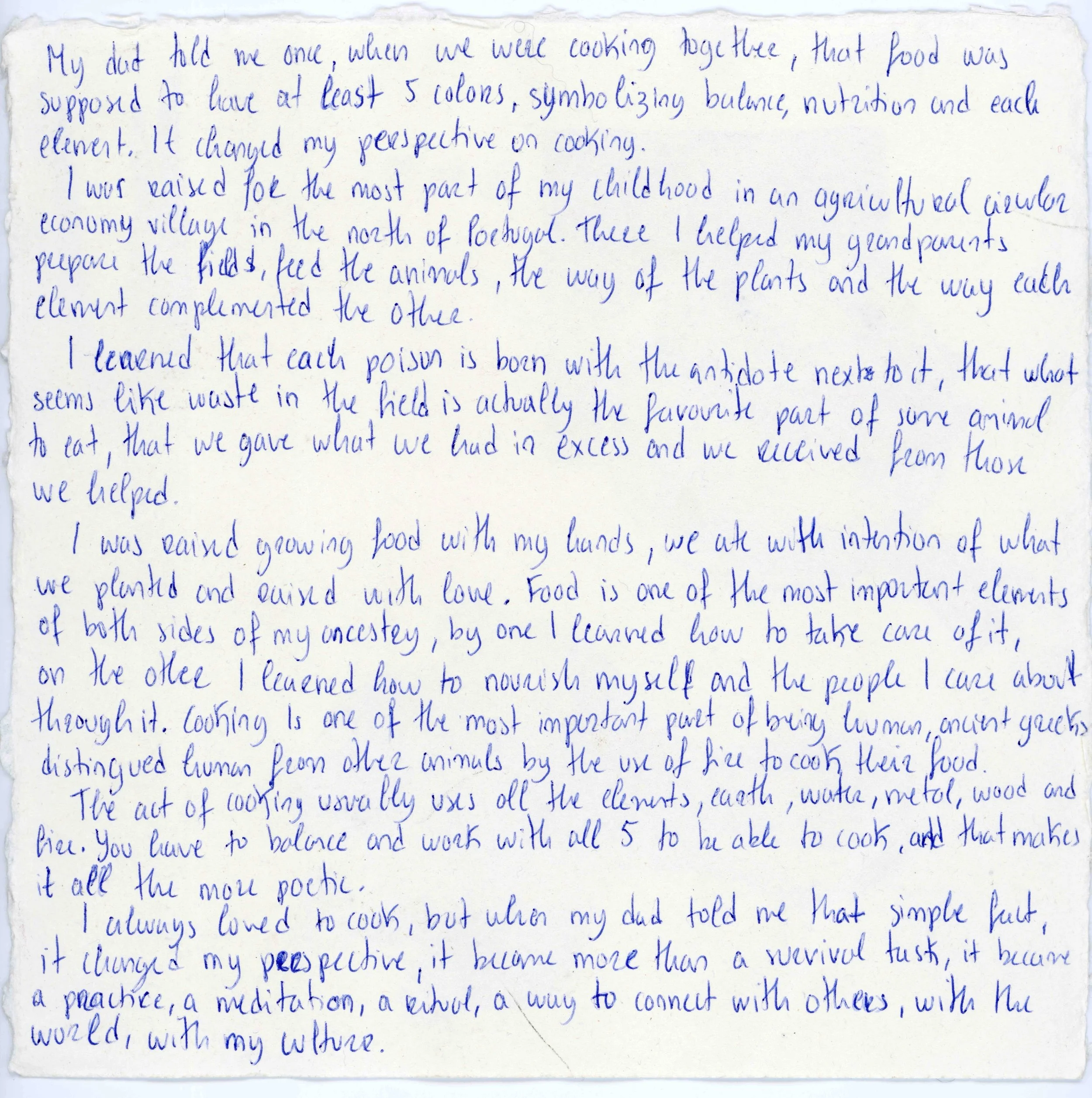
My dad told me once, when we were cooking together, that food was supposed to have at least 5 colors symbolizing balance, nutrition and each element. It changed my perspective on cooking.
I was raised for the most part of my childhood in an agricultural circular economic village in the north of Portugal, there I helped my grandparents prepare the fields, feed the animals, the way of the plants and the way each element complemented the other.
I learned that each poison is born with the antídote next to it, that what seems like waste in the field is actually the favorite part of some animals to eat, that we gave what we had in excess and we received from those we helped.
I was raised growing food with my hands, we ate with intention of what we planted and raised with love.
Food is one of the most important elements of both sides of my ancestry, by one I learned how to take care of it, on the other I learned how to nourish myself and the people I care about through it.
Cooking is one of the most important parts of being human, Greeks destingued humans from other animals with the use of fire to Cook their food.
the act of cooking usually uses all the elements, earth, water, metal, wood and fire. you have to balance and work with all 5 to be able to cook, and that makes it all the more poetic.
I always loved to cook, but when my dad told me that simple fact, it changed my perspective, it became more than a survival task, it became a practice, a meditation, a ritual, a way to connect with others, with the world, with my culture.